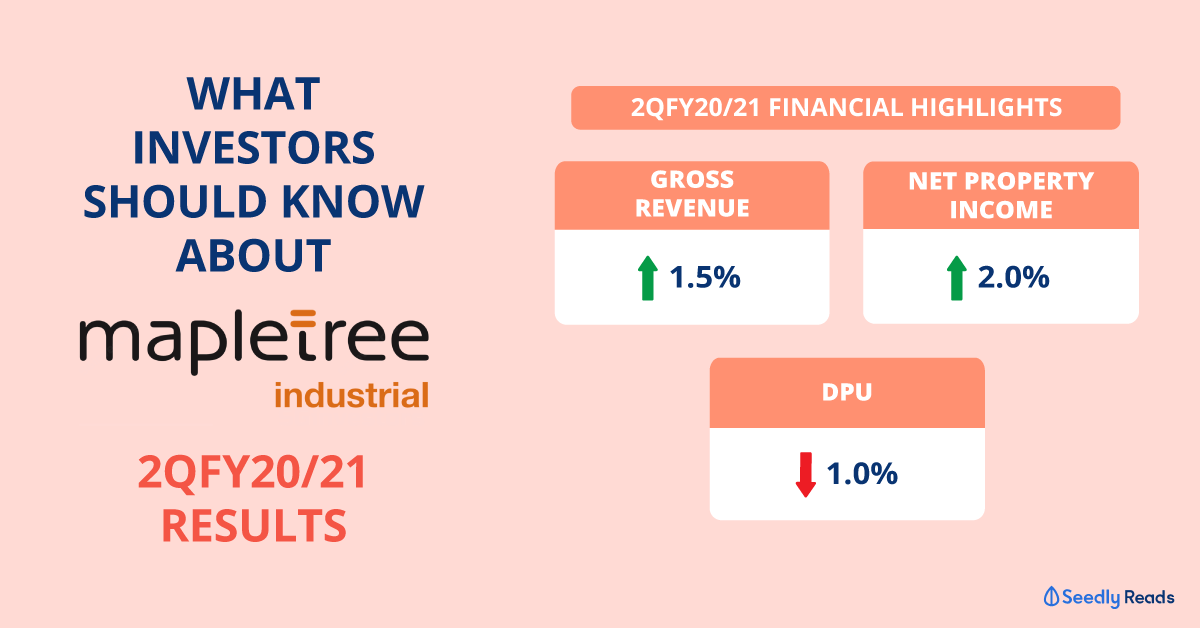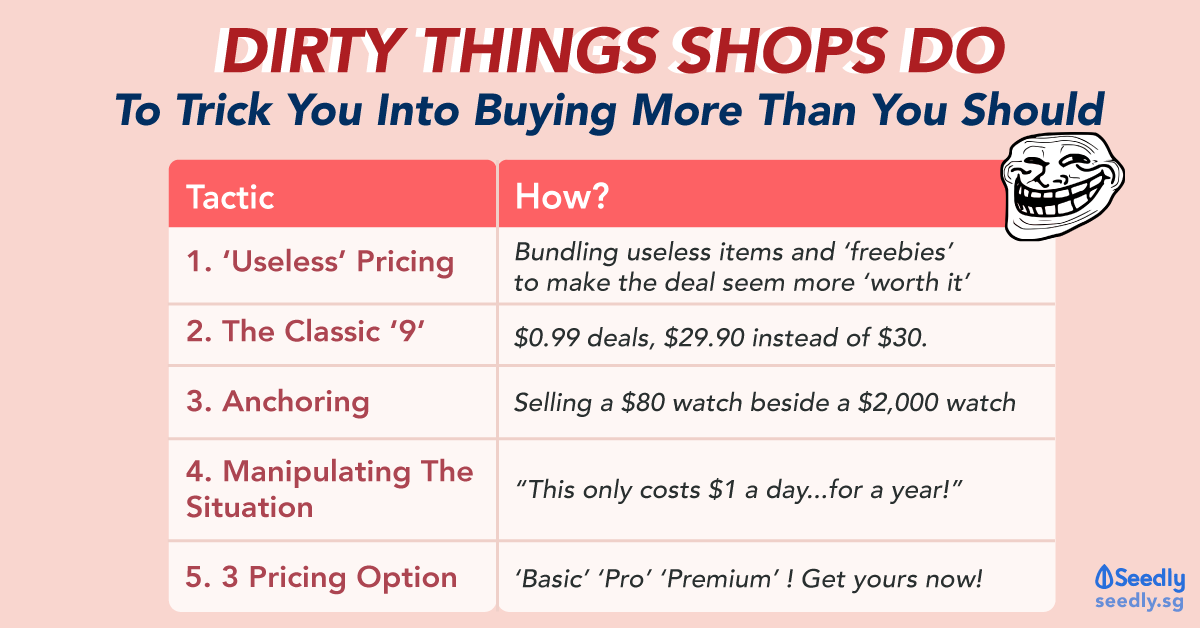Advertisement
Anonymous
Confused about futures and forwards, I understand they are contracts that lock in a certain price for a certain underlying good, but why would anyone buy if they aren't looking to buy/sell the good?
2
Discussion (2)
Learn how to style your text
Cedric Jamie Soh
03 Jun 2019
Director at Seniorcare.com.sg
Reply
Save
Hi Anon,
Okay so futures and forwards are basically an agreement between 2 parties that Party A will buy Party B's good/security/commodity (basically any underlying asset) at a predetermined particular price on a predetermined date. So essentially what the difference is that Forwards are traded Over the Counter - meaning it is quite unique to situation that the parties are trading for, and a contract has to be drawn up and everything. So this is not traded over the market, think like a face-to-face agreement contract.
Futures on the other hand, is quite standardized, and can be traded on exchanges. I think what's different between the two is the fact that Futures are backed by a third party - a clearing house that ensures that the deal is complete, by either the parties, or in the worst case, the clearinghouses. You must also put in collateral (margins) as insurance that you are able to pay for these agreements that you make. Forwards don't have such clearinghouses, so they carry more of that default risk in that sense.
So the reason why people want to buy Futures (not so much forwards since you only can do OTC and usually forwards are for commodities that people actually want delivered) is this ability to trade on exchanges, and the fact that future agreements can be closed off with payment of equal value, without the need to actually deliver the underlying assets. so if you are buying a future on 500kg of corn, expecting corn prices to fall - going short, you don't actually have to deliver 500kg of corn (which is quite common in the case of Forwards, unless the forward contract allows for payment of equivalent value as substitute), you just need to pay the guy if the value of corn goes higher, and he pays you if the value of corn goes lower than the agreed upon price.
This liquid and tradable aspect of futures is what makes it so attractive for speculators to buy futures. It is a derivative. However, it carries alot of risk as well - there is no capped downside to your losses. I hope my explanation helped!
Reply
Save
Write your thoughts
Related Articles
Related Posts
Related Posts
Advertisement







They are using these paper instrument so that their real business can proceed on a stable cost calculation
SIA just sold their flight that is 6 months ahead. So if they can confirm the current oil price now, they know for certain that the flight will be in profit (or loss).
Since they cannot control the oil price in 6months, and they are unable to store fuel for 6mths, they will do the cheapest alternative, they will buy futures that lock the oil price for them in 6mths.
If oil prices goes up, their oil futures appreciate, they earn a profit from the future that will counter the increase in fuel for that flight.
If oil price goes down, their oil future depreciate, they made a loss, but the fuel for that flight is cheaper now, countering that loss.
In all situation, they get a fixed cost, and they are happy because the tickets are sold, and all businesses prefer certainty.